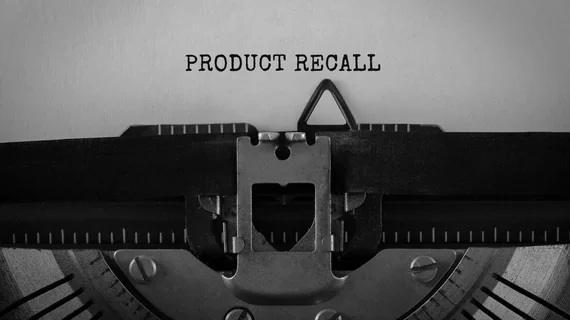Pfizer recalls 4 million units of migraine medicine
Pharmaceutical giant Pfizer has recalled 4.2 million units of a prescription migraine medication over packaging safety requirements that could lead to child poisoning.
The product, Nurtex ODT (rimegepant) 75mg, is an orally dissolvable tablet sold in packs of eight. According to the Consumer Protection Safety Commission (CPSC), the recalled prescription drugs must be in child-resistant packaging as required by the Poison Prevention Packaging Act. The recalled products are not child resistant, posing a poison risk if the contents are swallowed by young children.
Nurtec ODT works to treat or prevent migraines and can last up to 48 hours at a time, according to the company. To date, Nurtec has not identified any adverse events or safety concerns associated with the child-resistant packaging issue.
Pfizer, which owns Nurtec, is voluntarily issuing the recall in cooperation with CPSC to provide patients with free child-resistant pouches in which to store their medications. The word “recall” describes any repair, replacement, refund or notice/warning program, according to CPSC.
According to Nurtec ODT, patients should continue to use the medication as prescribed by their healthcare provider. Plus, patients will still have access to Nurtec ODT through their pharmacies, as pharmacists have been instructed to place the blister packages into vials with child-resistant lids when filling prescriptions. The recall instructions also advised patients how to store the medication.
“Consumers should immediately secure the recalled product out of the sight and reach of children and contact Pfizer for a free child resistant pouch to store the product,” CPSC said. “Once the product is secured, consumers can continue to use it as directed.”
The medication is the latest recall having to do with product packaging as of late. The U.S. Food and Drug Administration (FDA) recently announced the recall of two brands of eye drops after the possibility of broken caps for one product, which could impact sterility.
Pfizer also announced another major recall last year for its hypertension drug Accupril (Quinapril HCl). The tablets were part of the recall for the presence of the nitrosamine N-nitroso-quinapril, which may be associated with a potential increased cancer risk.

